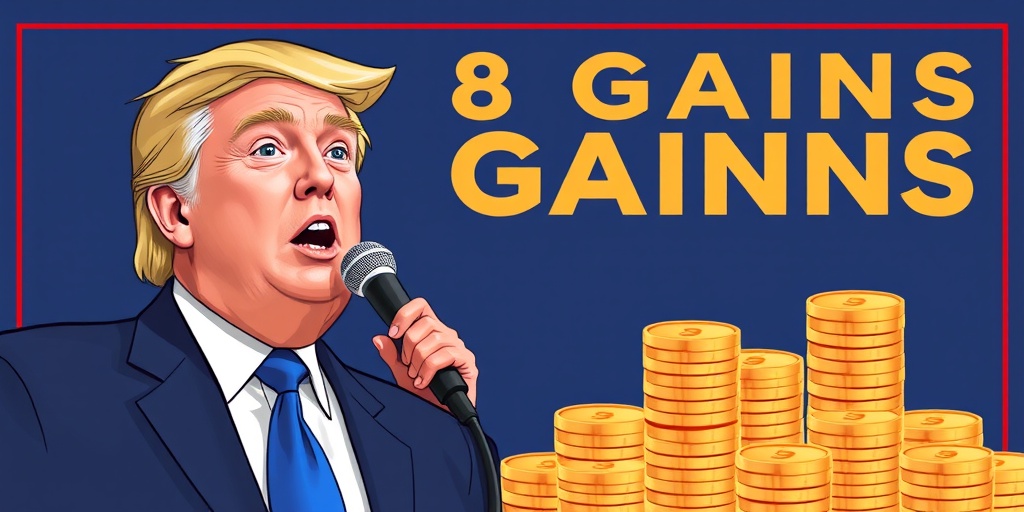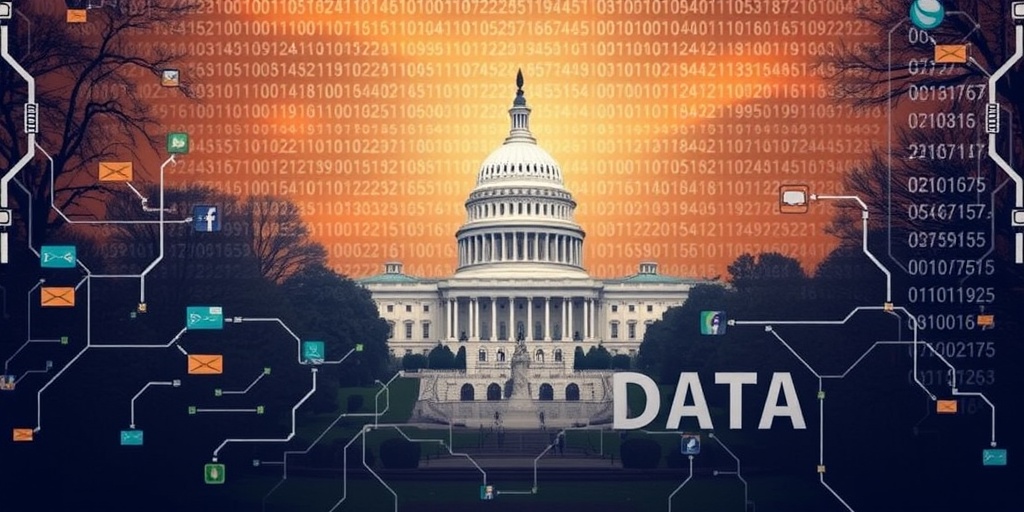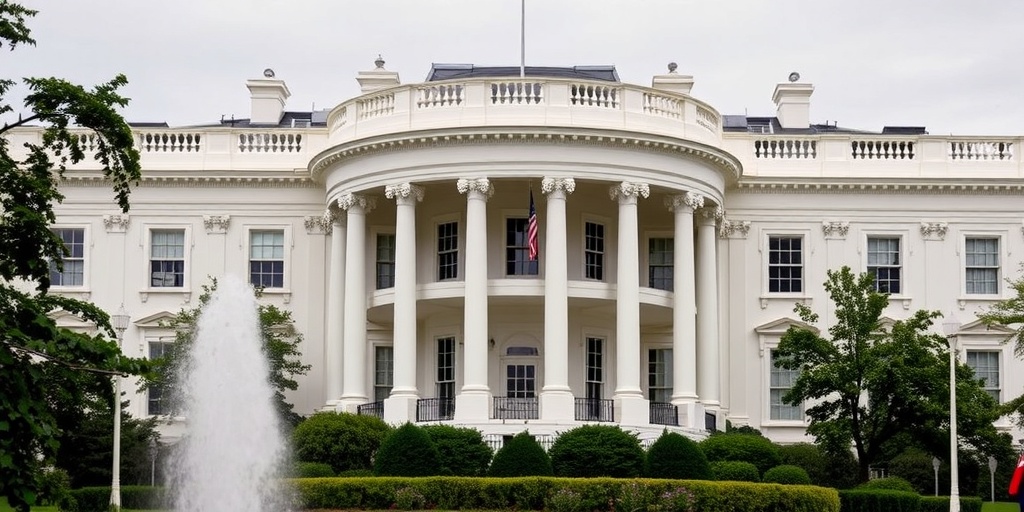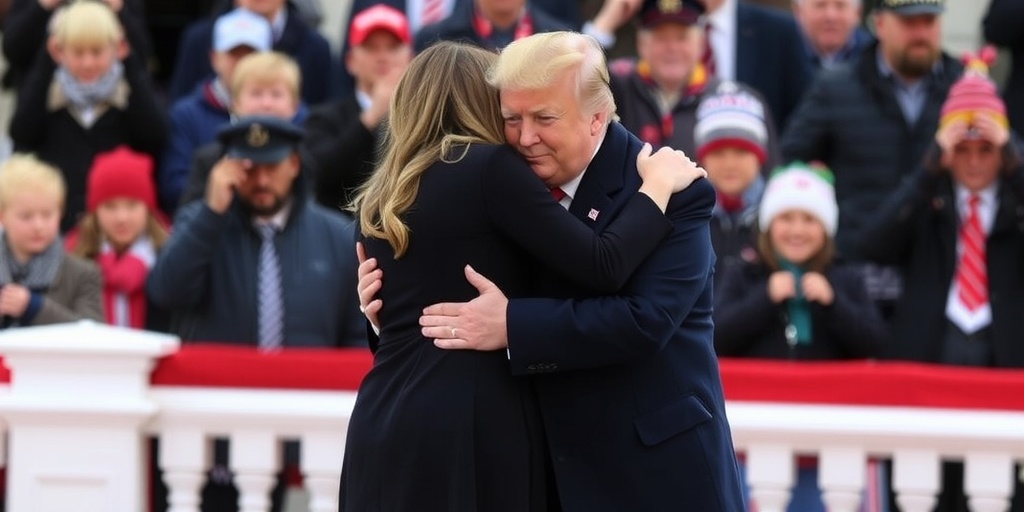Now Reading: Trump’s Inaugural Remarks Repeat False Claims
-
01
Trump’s Inaugural Remarks Repeat False Claims
Trump’s Inaugural Remarks Repeat False Claims
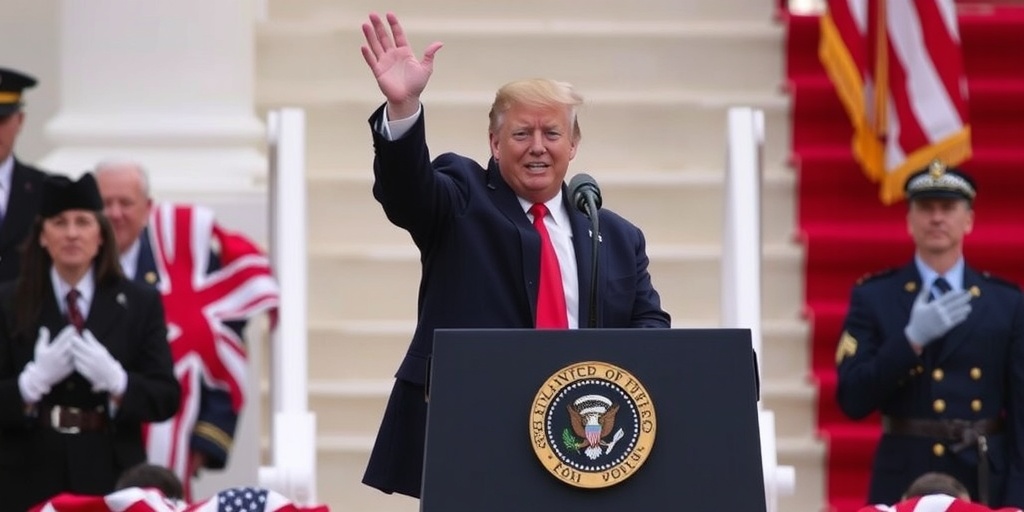
Title: Trump’s Second Inaugural Address: Unpacking Claims and Controversies
In what can be interpreted as a continuation of his first term, President Donald Trump began his second administration with a mix of familiar themes and fresh controversies, including persistent claims about the integrity of the 2020 election. During his inaugural address, Trump delivered remarks that were notably more restrained than usual, addressing various topics like the economy and immigration. Nonetheless, he reiterated misleading assertions that have become staples of his rhetoric.
In instances following his formal address, Trump returned to his grievances regarding the 2020 presidential election. He incorrectly attributed security failures at the Capitol to former Speaker of the House Nancy Pelosi and asserted, without evidence, that the election results had been manipulated. This narrative has been a cornerstone of Trump’s public persona, as he has spent considerable time since the election raising doubts about its legitimacy, despite numerous audits and legal challenges confirming Joe Biden’s victory.
A key issue raised in his address involved immigration, specifically claims suggesting that foreign nations, such as Venezuela, have contributed to a surge of criminal activity in the U.S. by "dumping" criminals across the southern border. Trump shifted from earlier assertions of “millions” of criminal migrants to a more vague reference to “many” criminals entering the country. However, experts have consistently disputed the validity of his claims, highlighting a lack of evidence that foreign countries are exporting prisoners to the United States. From the fiscal years 2021 to 2024, border authorities recorded over 160,000 arrests of individuals with criminal records or outstanding warrants, most of whom were subsequently turned away. Research has shown that unauthorized immigrants are generally not more prone to criminal behavior than the U.S.-born population.
In addressing the state of the economy, Trump highlighted inflation trends, inaccurately claiming that recent inflation levels were unprecedented. While inflation indeed peaked at 8% in 2022, the reality is that inflation rates had historically been higher in the late 20th century. Most economists assert that the recent inflation spike results from a combination of factors, including fiscal policies under both Trump and Biden, supply chain disruptions due to the COVID-19 pandemic, and geopolitical tensions like Russia’s invasion of Ukraine.
Contrary to Trump’s narrative regarding oil and gas production, data indicates that the Biden administration has overseen record production levels in the oil sector and near-record outputs in natural gas. This fact calls into question Trump’s implication that the energy industry has been stifled under Biden’s leadership.
Trump also referenced impending regulations aimed at increasing electric vehicle production, suggesting that such measures constituted a federal mandate. However, the Biden administration has only set rigorous pollution standards designed to transition a majority of vehicle sales to electric or hybrid models by 2032, a move supported by many auto manufacturers who have already invested heavily in electric vehicle technology.
One of Trump’s more contentious claims involved the prosecution of his criminal cases, where he suggested that President Biden is orchestrating these legal challenges. However, it’s worth noting that two ongoing cases were initiated by state prosecutors, which means they lie outside the federal Justice Department’s jurisdiction. The remaining cases were instigated by a special counsel appointed during the Trump administration, ostensibly to ensure impartiality. There is no substantive evidence to support Trump’s assertion that Biden has exerted control over these prosecutions, as they appear to be driven by applicable laws and separate judicial processes.
In a notable moment during his remarks, Trump claimed, “China is operating the Panama Canal.” This statement is misleading; the Panama Canal is operated by the Panama Canal Authority, a Panamanian agency, not China. Although Washington officials express concern over China’s increasing influence in global shipping and trade routes, the Panama Canal remains under Panamanian governance.
Furthermore, Trump made a controversial claim regarding his alleged offer of 10,000 National Guard troops to secure the Capitol on January 6, 2021, which he suggested was rejected by Pelosi. Investigations into the events of that day have revealed no solid evidence that such an offer was formally made or that it was turned down. Rather, discussions around troop deployment were primarily focused on preventing potential counterprotests against Trump supporters, not securing the Capitol from rioters.
Lastly, Trump’s assertions regarding the voting totals in the 2020 election served to reinforce a narrative that has long dominated his post-presidency discussions. He claimed that having received nine million more votes than any previous incumbent should negate any possibility of loss. However, this ignores the fact that Joe Biden received a record number of votes himself, with a larger margin of victory.
In conclusion, while Trump’s inaugural address contained elements familiar to his supporters, it also raised numerous questions about the veracity of his statements. As he embarks on this new political journey, the intersection of rhetoric, facts, and public perception will undoubtedly shape the narrative surrounding his presidency moving forward.
Stay Informed With the Latest & Most Important News
Previous Post
Next Post
-
 01New technology breakthrough has everyone talking right now
01New technology breakthrough has everyone talking right now -
 02Unbelievable life hack everyone needs to try today
02Unbelievable life hack everyone needs to try today -
 03Fascinating discovery found buried deep beneath the ocean
03Fascinating discovery found buried deep beneath the ocean -
 04Man invents genius device that solves everyday problems
04Man invents genius device that solves everyday problems -
 05Shocking discovery that changes what we know forever
05Shocking discovery that changes what we know forever -
 06Internet goes wild over celebrity’s unexpected fashion choice
06Internet goes wild over celebrity’s unexpected fashion choice -
 07Rare animal sighting stuns scientists and wildlife lovers
07Rare animal sighting stuns scientists and wildlife lovers













